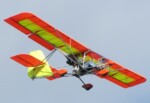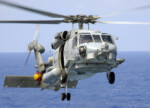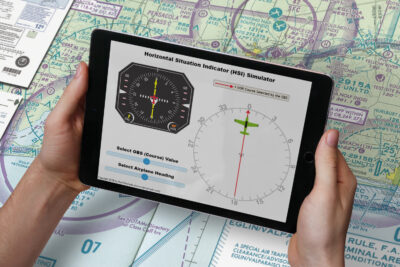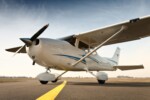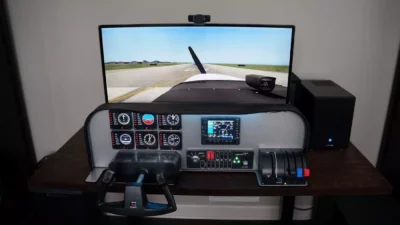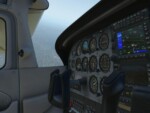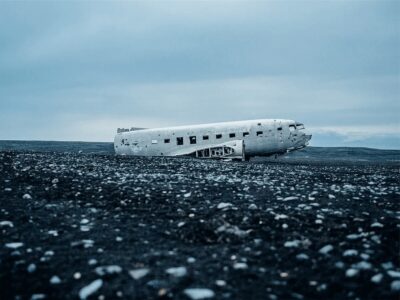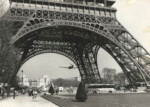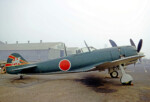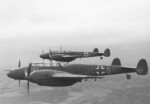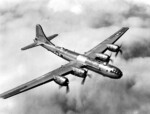The Story Behind the Famous DC-3 Wreck in Iceland
17 October 2016 | Updated on February 05, 2024
Everyone who’s ever been to Iceland knows about the DC-3 wreck that lays on the black beach at Sólheimasandur (don’t hurt yourself when trying to pronounce that). It has become a popular attraction for tourists in Iceland and has been sitting there for over 40 years, but few people know the story behind the airplane that once flew for the U.S. Navy.
If, like me, you ever wondered how it ended up there, here’s the story.
and seriously, who doesn’t love a good story?


1973
Saturday, November 24, 1973, a Douglas Super DC-3 of the United States Navy is on its way to an unknown location in Iceland, when it’s forced to crash land on Sólheimasandur beach, on the South coast of the country.
The official reason for the crash is still unknown. Some say the aircraft experienced severe icing over the black beach, while other sources report the pilot just switched over to the wrong fuel tank making the aircraft run out of fuel. The crew and passengers all survived the crash.
Even the date of the crash is still mysteriously questioned. While the Aviation Safety Network reports the DC-3 crashed on November 24, 1973, an Icelandic newspaper published on November 22 suggests the plane actually already crashed on November 21, 1973.
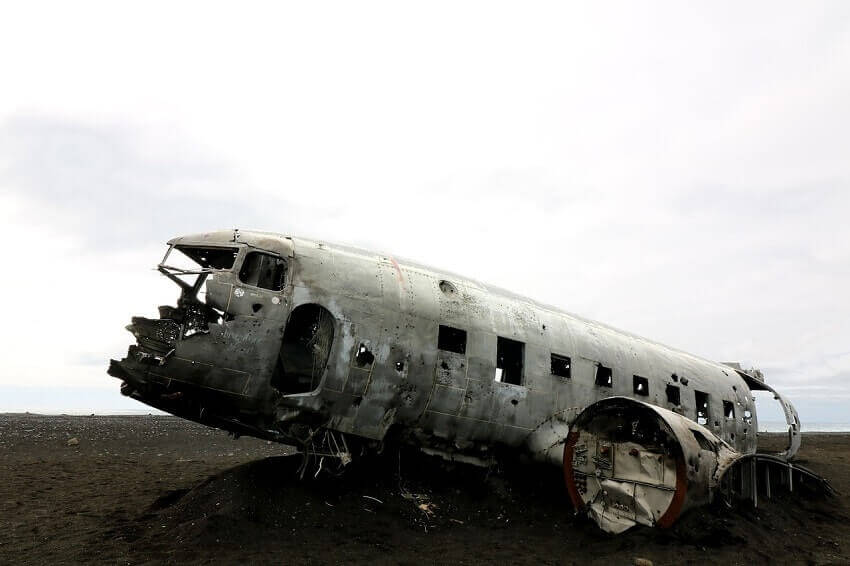

Rather than being recovered, the plane was abandoned, and the unforgiving Iceland weather conditions and nature have had their impact on what’s left of the once so beautiful airplane and American symbol.
Stories go that the tail section was taken by a local farmer who later sold it, just like all the other useful parts of the plane were taken over the years. All that’s left are the beaten-down fuselage, a part of the wing and engines and broken windows.
A photographer’s dream
After the crash more than 40 years ago, the DC-3 wreck still lays there and has become every photographer’s dream. The white wreck on the all black beach makes for some amazing sights and great photos. The location has become one of Iceland’s most popular tourist attractions.
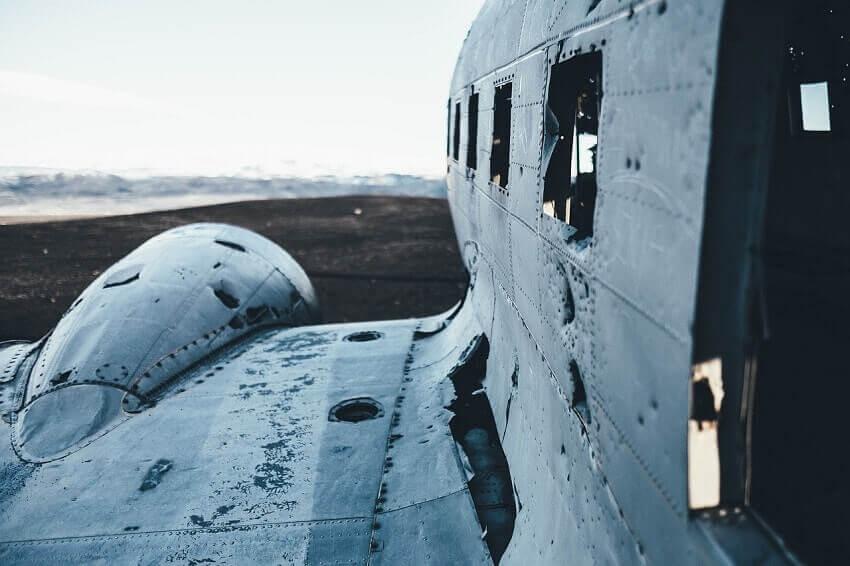



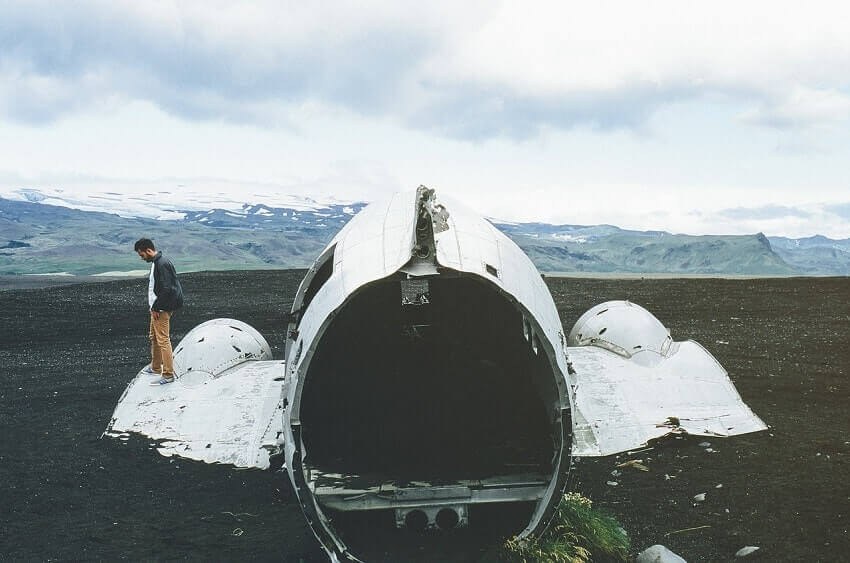

Location
You can find the exact location of the plane wreckage on a map here. Since locals shut down the road to the location a few years ago, it has become impossible to get to the wreck by car. So you’ll have to make the 4 km walk trough harsh and cold weather conditions.
Getting there is an adventure by itself, but looking at the stunning pictures, definitely worth it!
Have you visited it yet? Let us know in the comments!





